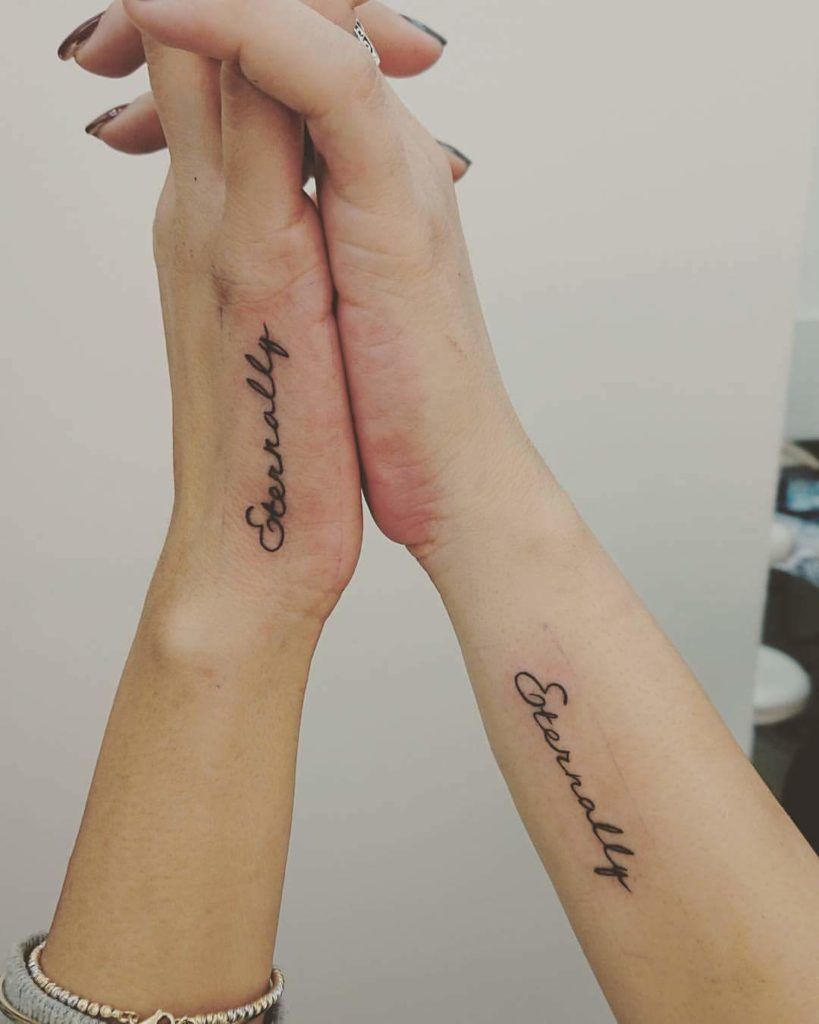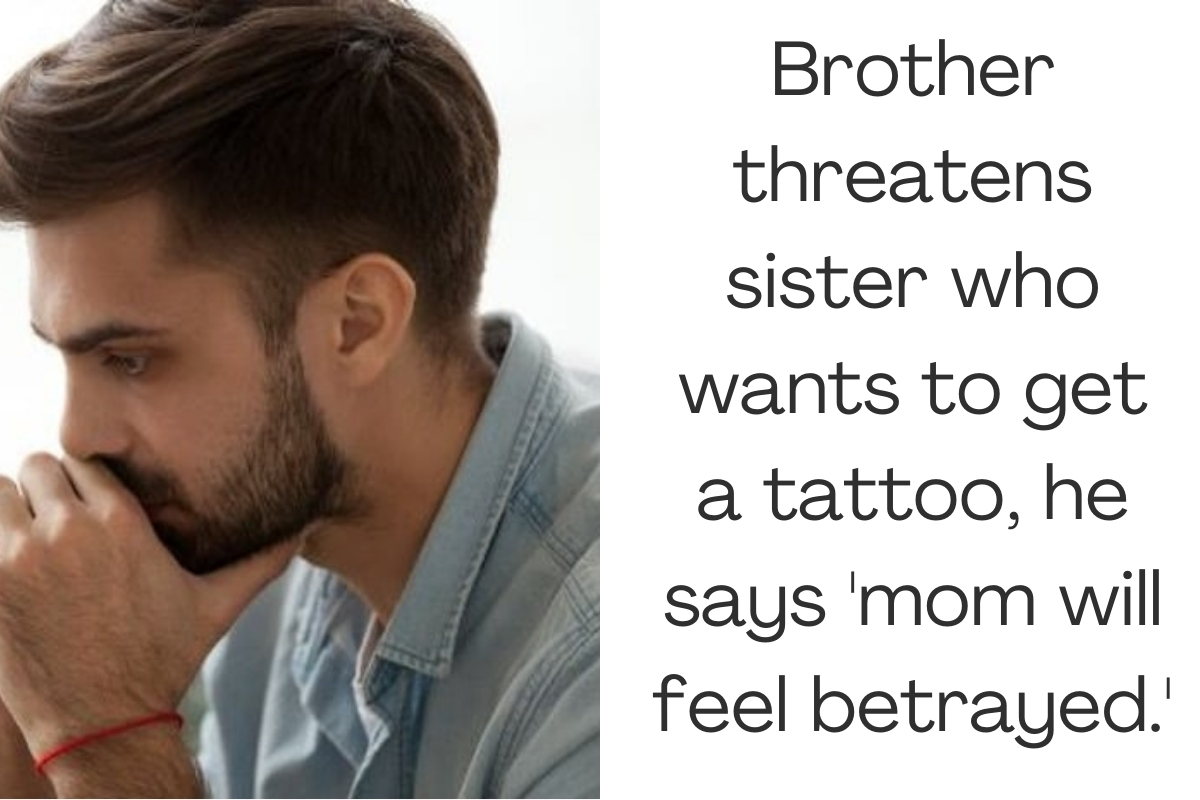The expression of individuality often finds its most visual form through body art, such as tattoos. The dilemma surrounding the phrase “AITA for calling my sister cruel for her tattoo idea?” encapsulates not only a familial conflict but also broader societal reflections on aesthetics, meaning, and the impact of personal choices on relationships.
Expression of Identity

When one considers a tattoo, it is not merely ink on skin but a narrative of personal history and identity. A sentiment echoed in the following quote: “Tattoos are a story your skin tells as you venture through life.” The choice of design, placement, and meaning can symbolize profound experiences or aspirations. It is crucial to understand these nuances, especially when they intersect with familial relationships.
Subjectivity of Beauty

“Art is subjective,” and nowhere is this more apparent than in the world of tattoos. One person’s masterpiece may be another’s misunderstanding. It’s these varied interpretations that can often lead to friction, as illustrated here: “If it defines her, why should I impose my view?” This highlights the importance of empathy and open-mindedness in such discussions.
Familial Expectations

The familial bond can be a double-edged sword. As one family member reflects, “What we choose to wear on our bodies is often scrutinized by those we love.” The intersection of affection and judgment is fraught with tension, particularly when aesthetics clash with familial expectations and ideals.
Inherent Cruelty vs. Support

“To call someone cruel skews the conversation,” one might argue. The intention behind the critique often makes all the difference. Revealing this duality, a poignant quote appears: “Support should be rooted in love, not in the fear of judgment.” To navigate this terrain requires finesse and respect for individual autonomy.
Healing Through Understanding

In closing, resolving tensions around tattoo choices calls for open dialogue and mutual respect: “Understanding brings healing, where judgment brings division.” Engaging in compassionate conversations fosters deeper connections, allowing for personal expression and family support to coexist harmoniously.







